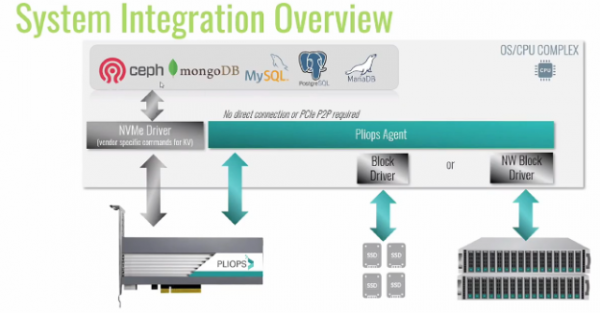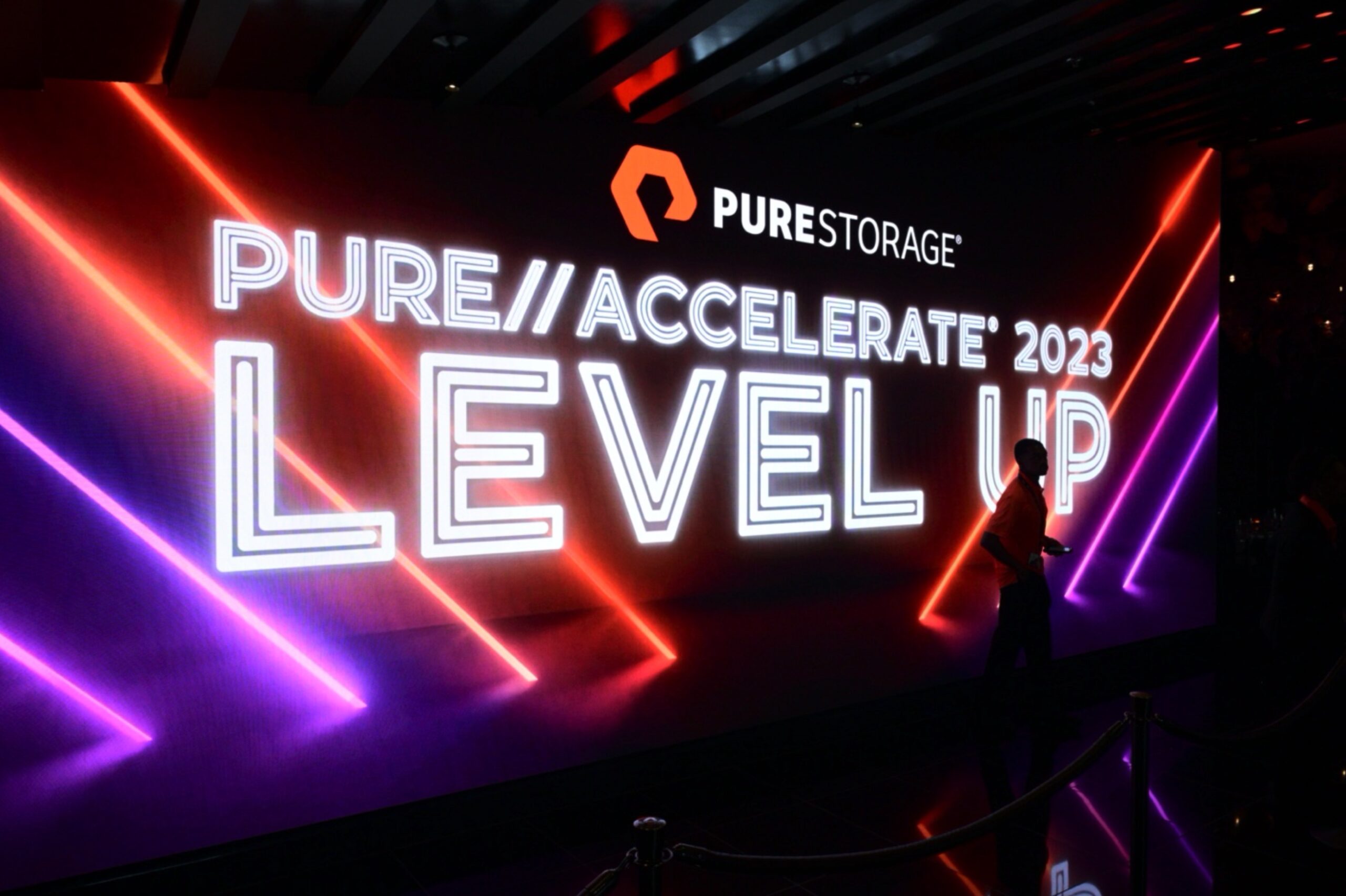Data-driven workloads continue to require more performance and less latency. With the decline of Moore’s Law, compute can’t keep pace with network and storage. Because of this, we see the rise of specialized hardware that offloads tasks and processes away from the CPU for ultimately improved workload performance. At Storage Field Day in January, Pliops showcased its storage processor that comes in PCIe card form and aims to “unleash the full potential of solid-state drive (SSD) storage” in part by offloading SSD maintenance tasks away from the CPU.
Compute’s Uphill Battle to Keep Pace with Network and Storage Advancements
With advancements like 400G for networking and NVMe SSD for storage, one might posit that we are reaching the heyday of computing. The problem with this assumption, though, is that the actual compute doesn’t keep pace because transistors on chips can only get so small.
We now live in a time when relying on significant x86 processor improvements every 18-24 months is not enough. This decline of Moore’s Law has left the industry on a perpetual search for improving continuously and seeking efficiencies for demanding data-intensive workloads.
In this world where compute innovation is on a slowdown, a bevy of solutions designed to free up CPU cycles crops up. Enter specialized hardware tightly coupled to software: solutions like FPGAs, Smart NICs, and hardware acceleration cards. Offloading tasks and processes to specialized hardware and away from the CPU frees up CPU cycles and performance for the actual workloads.
Unleashing the Performance, Endurance of Flash-Based Storage
At Storage Field Day earlier this year, Pliops showcased its storage processor that comes in PCIe card form and aims to “unleash the full potential of solid-state drive (SSD) storage.” Adding Pliops Storage Processor (PSP) to compute can benefit storage in terms of performance, capacity expansion, data protection, and endurance. PSP uses a standard NVMe driver with host agent software. Currently, PSP supports only Linux systems. However, additional support for other operating systems is in the works. Applications suited to Pliops include analytics, NoSQL, database management systems, and software-defined storage. Pliops states that most of its customers are currently cloud and web service providers.

Okay, let’s explore how PSP accelerates flash-based storage that is directed-attached, disaggregated, or network-attached. PSP transforms latency spiking random writes into sequential writes with consistent and higher throughput. This “write” transformation comes with the added benefit of minimizing the number of writes, which positively affects both performance and drive endurance. Additionally, PSP offloads SSD maintenance tasks away from the CPU. Tasks include garbage collection, sorting, or indexing.
Unlocking Cost Savings from SSD Storage
Solid-State Drives aren’t synonymous with budget-conscious storage. However, there are many ways to optimize and realize savings without sacrificing performance or endurance with Pliops Storage Processor. In fact, organizations can leverage cheaper QLC SSDs with Pliops Storage Processor to find more performant storage than TLC SSDs alone. Also, because of how writes get staged, over-provision storage for improved performance is no longer necessary. Performance stays consistent whether the disk’s 80-90% full or 15% full.
Additionally, Pliops Storage Processor (PSP) handles data protection and drive failure, thin provisioning, and compression. From this management comes significantly improved space efficiency without sacrificing performance. Another way PSP can offer cost-saving is by eliminating the need to scale compute to get more performance and ultimately ups the data density per node
Conclusion
Pliops states it offers value in the areas of performance, capacity expansion, data protection, and endurance for direct-attached, disaggregated, and network-attached flash-based storage. To learn about Pliops key-value storage engine and delve more into how Pliops Storage Processor enables organizations to get more performance and value out of their flash storage, tune into its Storage Field Day presentation.




